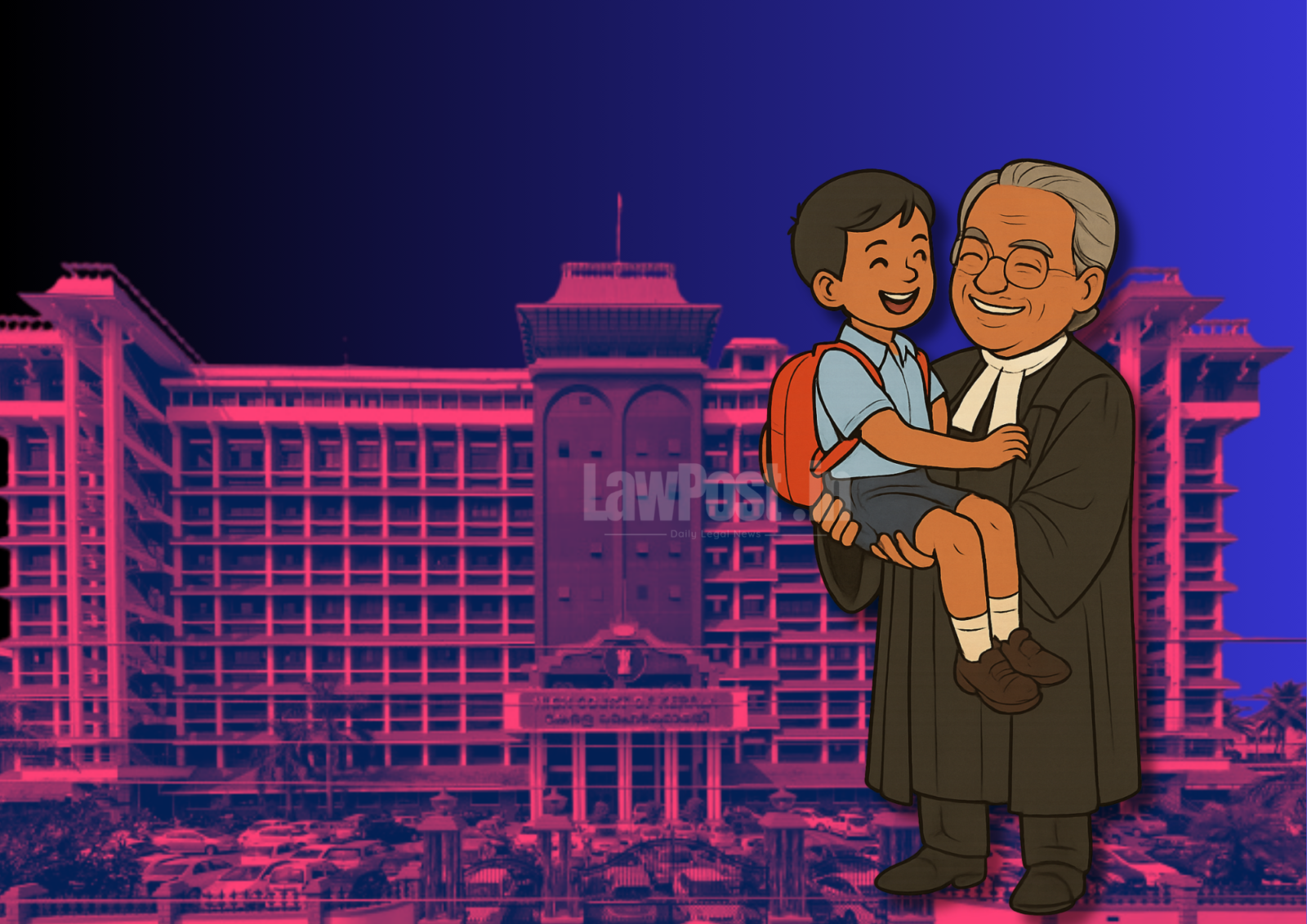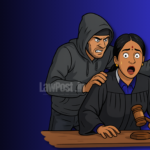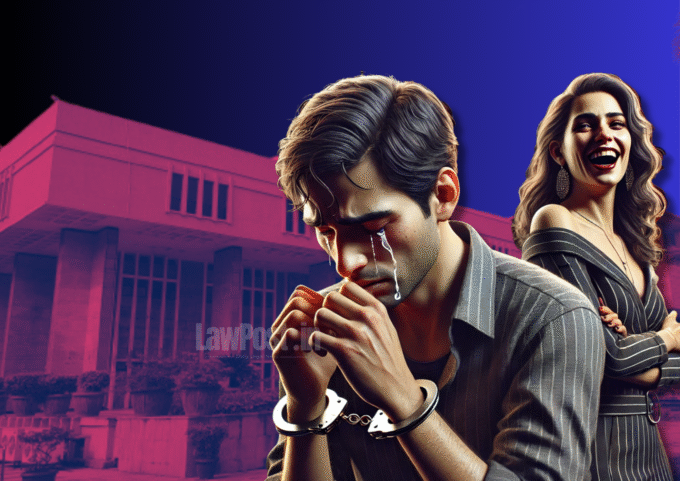In a significant move to protect the emotional well-being of children entangled in custody disputes, the Kerala High Court has issued strong directions to family courts across the State, urging them to refrain from summoning children unless absolutely necessary.
A Division Bench of Justices Devan Ramachandran and MB Snehalatha emphasized that court appearances can be deeply distressing for children, often making them feel like tools in a battle between their parents.
“Our experience has shown that children are unwilling to go to Courts, or to be taken there under orders; and many of them have told us, in unequivocal expression of angst, that they feel that they are being paraded as articles, rather than as humans,” the Bench observed.
The Court directed that children should be physically present in court only in “exceptional and unavoidable circumstances” and that even in such cases, “every care ought to be employed to ensure that they are treated with the highest amount of dignity and privacy.”
To minimize trauma, the Bench suggested that interactions, if necessary, be conducted via video conference, ensuring they are brief, respectful, and structured to avoid discomfort. It further stated, “They are not made to wait ad infinitum for the proceedings to get over, but given preference, subject to the workload of the Court.”
The Court also raised concerns over using court premises as handover sites for custody exchanges. It ordered that custody handovers be done at neutral locations unless unavoidable, stating, “The use of the Court premises… be avoided, unless exceptional reason is recorded… since this will, to a large extent, reduce the strain of the children and their fear.”
The judgment came in response to an appeal filed by a mother who contested a family court’s decision that reversed a previous custody order and granted permanent custody of her 9-year-old son to the father. The High Court reinstated the earlier arrangement granting the mother custody, taking note of the child’s clear aversion to appearing in court.
The Bench observed that the child, who suffers from Attention Deficit Hyperactivity Disorder (ADHD), expressed extreme distress during court visits, clinging to his mother and weeping uncontrollably. The child reportedly told the judges that he felt “dehumanized and stigmatized” and said, “he will never enter a Court again, even if called.”
The Court noted with concern that even a prior assurance by another bench, that the child would not be summoned again, had been broken, further deepening the child’s trauma and mistrust of the legal system.
Highlighting the long-term psychological impact of such experiences, the Court remarked, “Children who see hostility between parents are shown to have lower satisfaction levels in their own relationships in future… and may develop traits of Complex Trauma and Personality Disorder.”
To prevent such outcomes, the High Court directed that future custody exchanges involving the child be held at Mahatma Mandiram instead of the Munsiff Court in Kannur and laid down broad guidelines for all family courts to minimize direct involvement of children in custody disputes.
The ruling marks a strong step towards creating a more compassionate and child-sensitive approach in family law proceedings.








